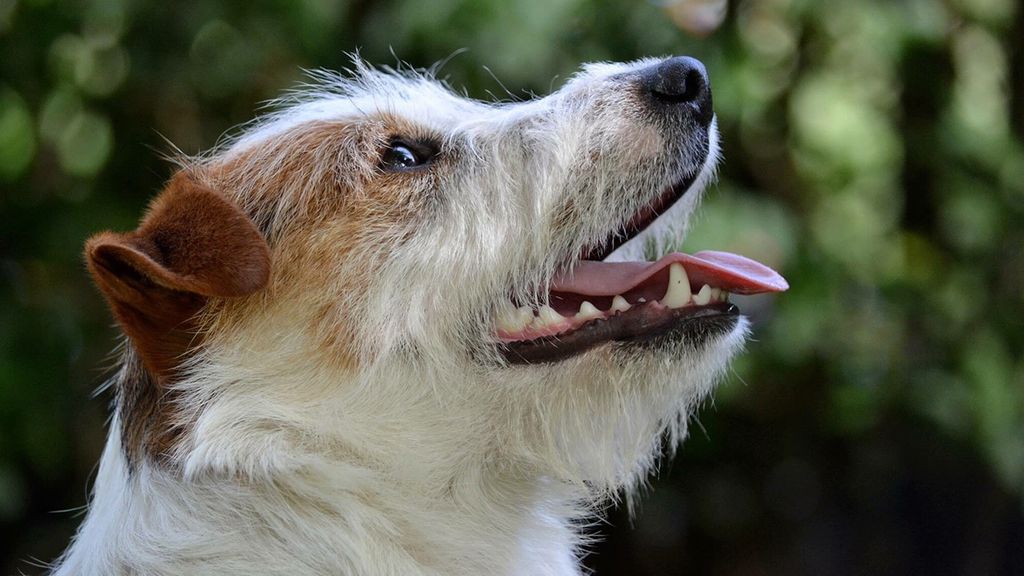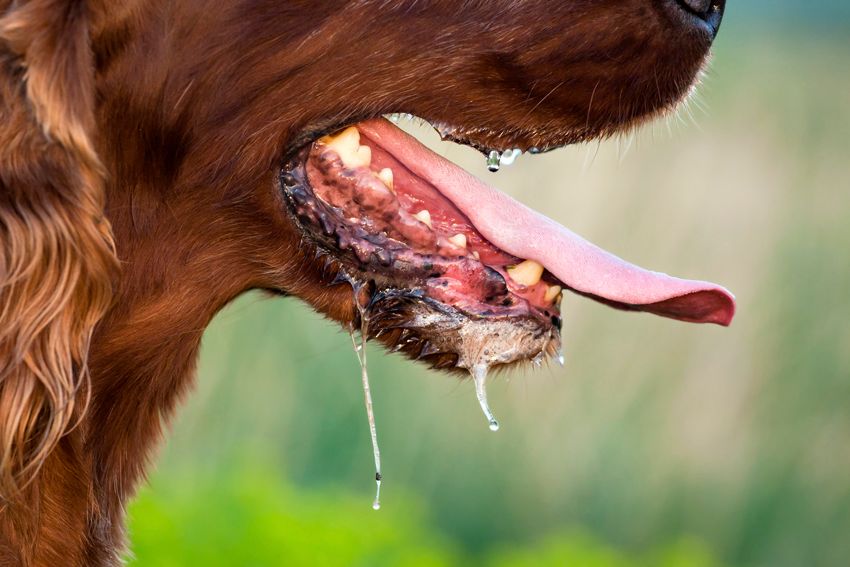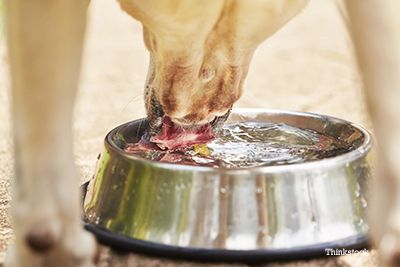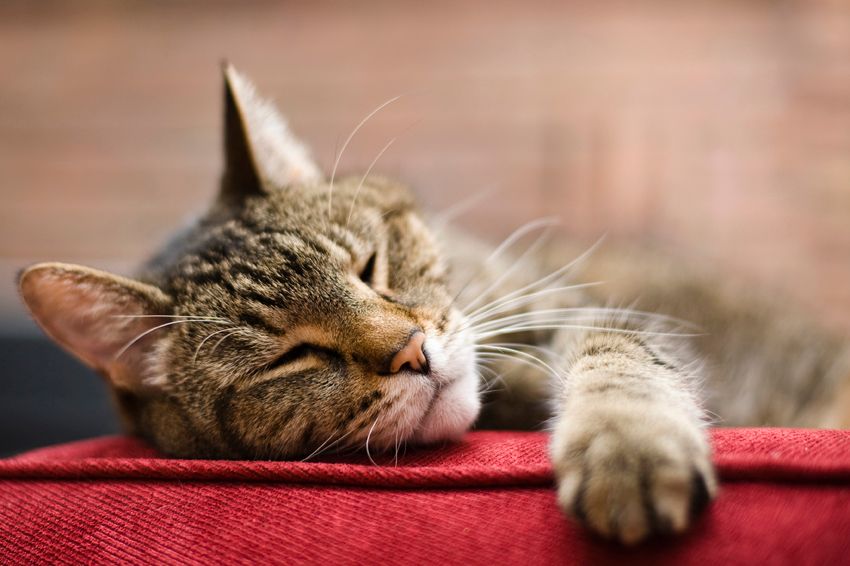5 Signs To Never Ignore In Pets
Jun 16, 2019 • 29 views
You’ve heard it before: Pets can’t tell us when something is wrong. Trust your instincts as a pet owner: if you notice something is different with your dog or cat, pay close attention — it could be a sign of a serious medical condition.
Here are five signs to never ignore in pets.
1. Heavy Panting
It’s normal for pets to pant, especially after chasing toys, running around the house or after spending time outdoors on a warm day.
What isn’t normal is heavy panting. What’s the difference? Heavy panting usually means deeper, labored breathing and may last longer than normal panting associated with excitement, playtime or cooling down.
Heavy panting could mean your dog or cat is in pain and may be suffering from heatstroke, poisoning, heart failure.

2.Drooling
Those of you with dogs such as boxers, bloodhounds, mastiffs or Saint Bernards know drool is a package deal. Excessive drooling, however, may be a sign that something is wrong with your dog or cat.

3. Excessive Consumption of Water
You’ve probably seen your pet slurp away at water — perhaps even lie down and straddle the water bowl following play time, especially if outdoors on a warm day.
Watching your pet return again and again to the water bowl over a period of time is not normal. Drinking too much water can be a sign of kidney failure , diabetes millitus,pyometra in unsprayed female dogs or, less commonly, psychogenic polydipsia, when is related to a behavioral issue not due to illness.
Some medications may cause an increase in water consumption, and excessive panting can also lead to heavy drinking.

4. Change in Behavior
Have you noticed your dog or cat is acting differently lately? A change in your pet’s behavior, such as unprovoked aggression, moodiness, erratic temperament, hyperactivity, fearfulness, anxiety, submissiveness, sudden onset of seizures, or inactivity — no longer playing with toys, choosing to be alone in another room, not able to get comfortable lying down, even a lack of appetite can be a strong indicator that something is wrong.
Pain and discomfort are the most common reasons for a change in your pet’s behavior. Behavioral changes can be linked to thyroid dysfunction in dogs.

5. Change in Odor
Don’t mistake your pet’s stinky breath as par for the course when it comes to aging. Remember: healthy pets don’t stink. If your pet has started to smell differently — bad breath, stinky ears and skin, noxious-smelling gas — there could be a problem.
While you may be used to your pet producing malodorous gas on a regular basis, a change in the intensity of the smell can be a sign of gastrointestinal diseases.
If your pet is displaying any of these signs, don’t wait: take your dog to the veterinarian for an examination.
